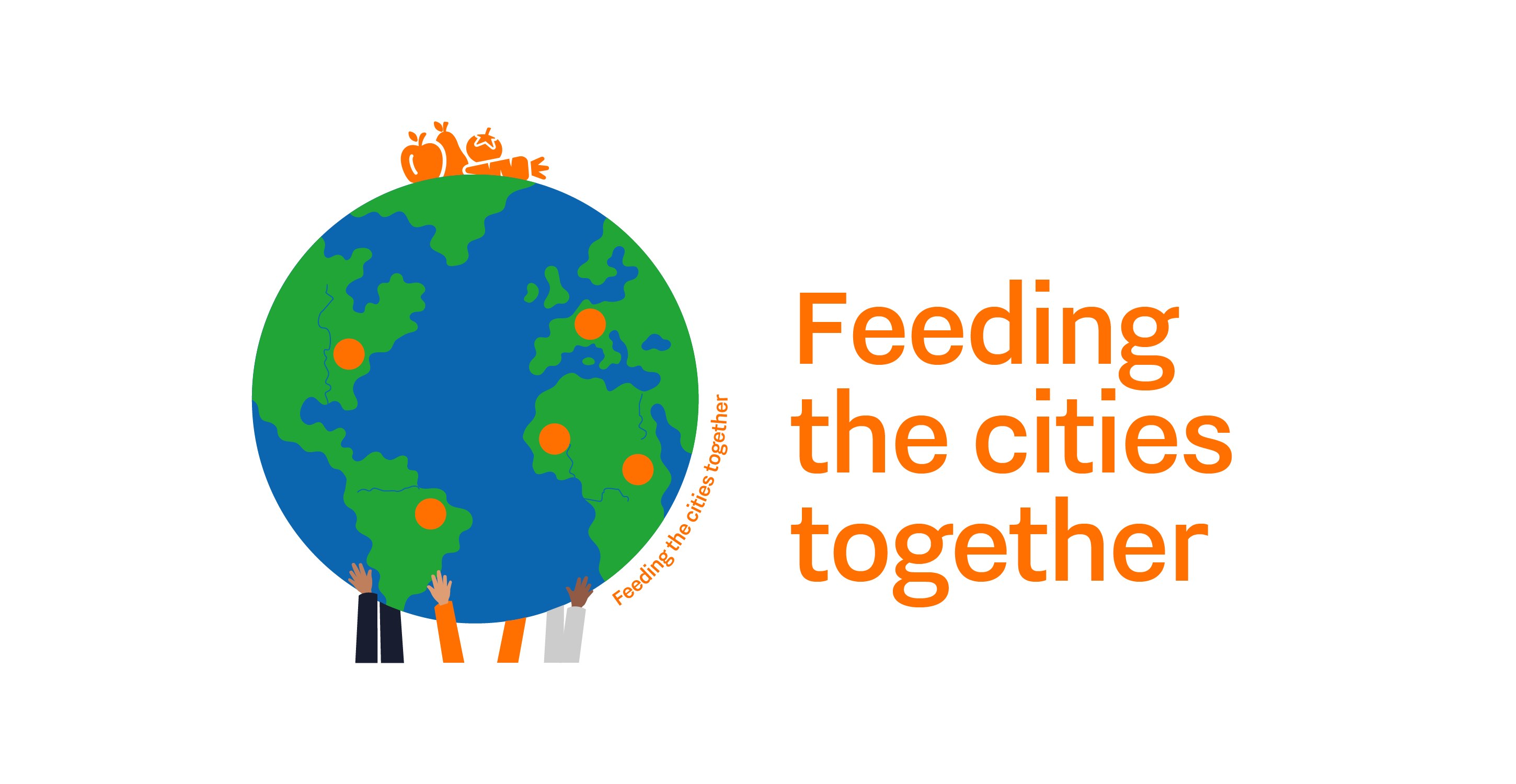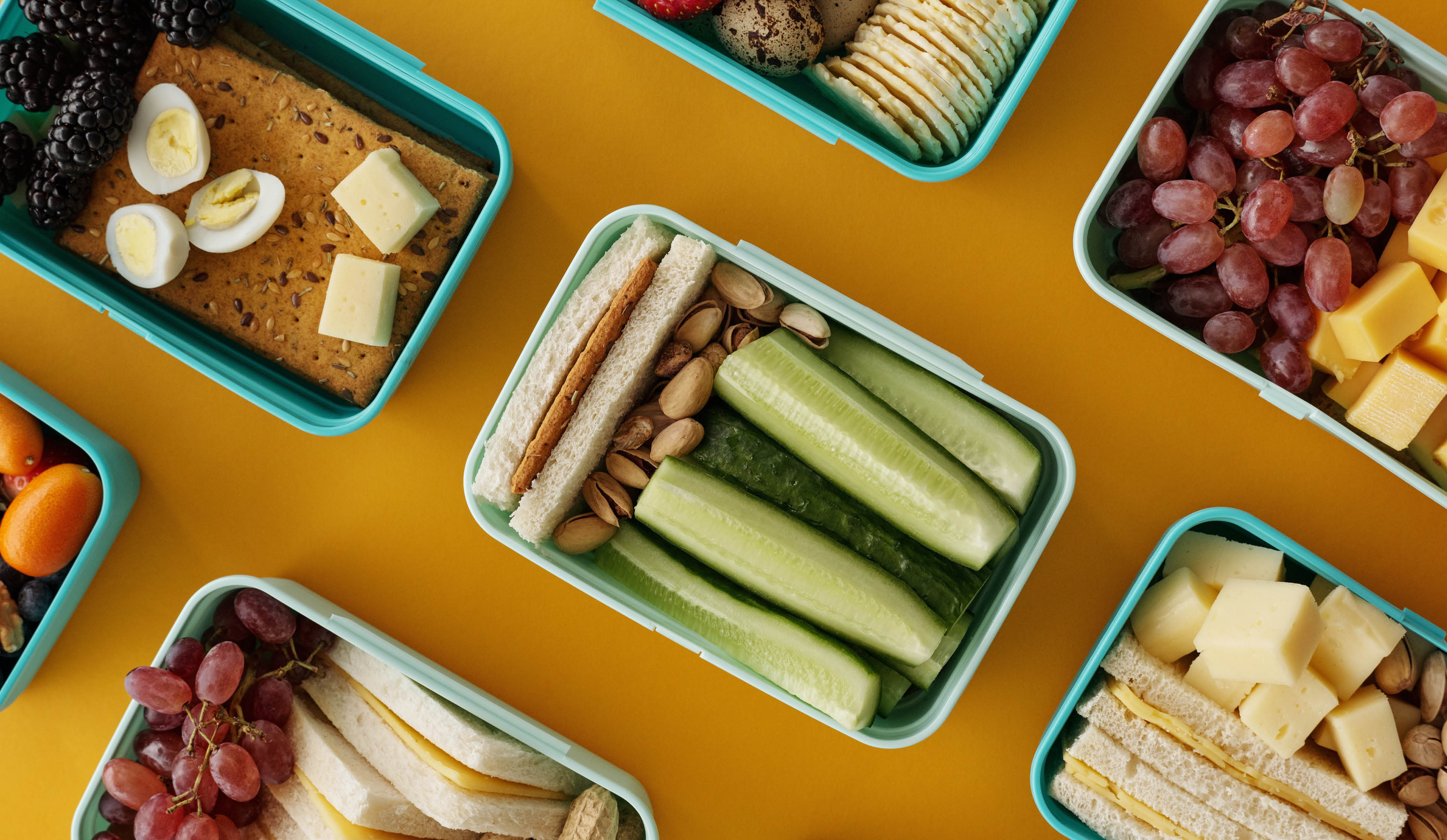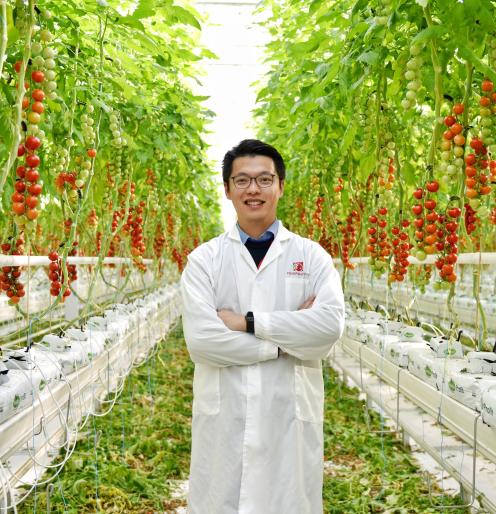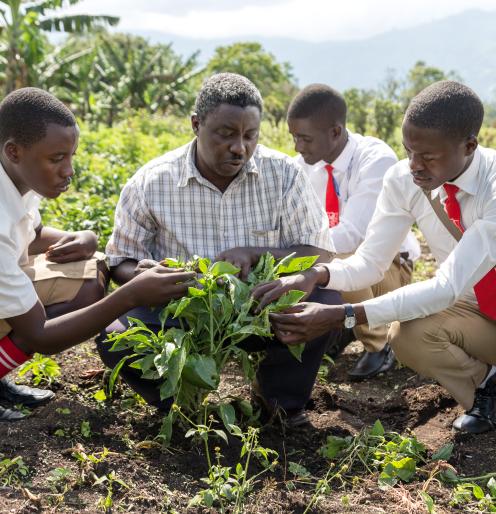
Sustainable food that nourishes
our health & well-being
Today, the planet is producing more food than ever. Yet, malnourishment is still a major problem. By 2050, two-thirds of the global population will live in cities - putting even greater pressure on our food system. The Food and Agriculture Organization of the United Nations (FAO) warns that hunger and starvation could rise significantly in urban areas where poor and vulnerable residents have limited access to food.
Due to COVID-19, schools around the world have had to close their doors. But for poor families, school lunches are unmissable. They help provide their children with daily nutritious meals, enabling them to stay healthy, so that they can continue to learn and thrive. School meals are particularly important for girls. Lack of school meals can lead to absenteeism, which in turn can be a cause of child marriages and teenage pregnancies.
Guided by the Sustainable Development Goals (SDGs), the Netherlands works with our partners worldwide to help cities produce more sustainable and healthy food. Living in a densely populated urban delta, we have vast knowledge and experience in developing urban food systems. We do this by combining the power of innovation and collaboration.

How the Netherlands promote healthy eating habits
At home, the Dutch government strives to create an environment in which people are able to make healthy food choices.
The Netherlands Nutrition Centre promotes sustainable and healthy food and provides consumers with up-to-date information on healthy diets. The government also provides funding for research into healthy food, dietary and diet-related guidelines.
In the Healthy School Lunch project, Wageningen University & Research and VU Amsterdam examined the influence of healthy school lunches on the eating behaviour of children. During a pilot involving three elementary schools, researchers found children ate more vegetables, choose healthier varieties and increasingly choose milk and water over sugary beverages.
The Jong Leren Eten initiative provides schools in the Netherlands with funds to grow vegetables or organise cookery classes for children.
15 April marks the Day of the Healthy School Canteen (Dag van de Gezonde Schoolkantine). This day further highlights the importance of encouraging children to make healthier food choices at school and at home.


Global challenges demands
global cooperation
Ensuring enough supply of safe, healthy and delicious food in our cities takes collaboration across sectors and borders. The Netherlands is keen to work together with countries around the world to achieve food security.
Our agrifood and horticulture sectors and food processing industry work closely with the government and research institutes to satisfy people’s dietary and nutritional needs. As well as preparing our food system for the future. Making it more sustainable and resilient. For example, by making the shift from animal-based products to alternative, plant-based proteins.
Find out how the Netherlands is working together with other countries to increase the supply of safe, healthy and tasty food:
In Dubai, Armela Farms uses Dutch technology to grow kale and lettuce in the most challenging climatological and geographical circumstances.
In Beijing, Wageningen-educated entrepreneur Xu Dan runs HortiPolaris. Cultivating the knowledge he gained in the Netherlands, Xu provides Beijing’s population with healthy and fresh food.
And in Nigeria, a group of Dutch companies under the banner of Seeds4Change supports the local horticulture sector to become self-sufficient.